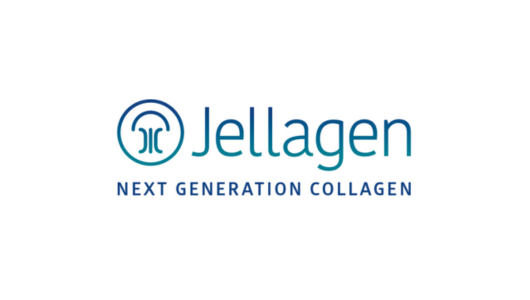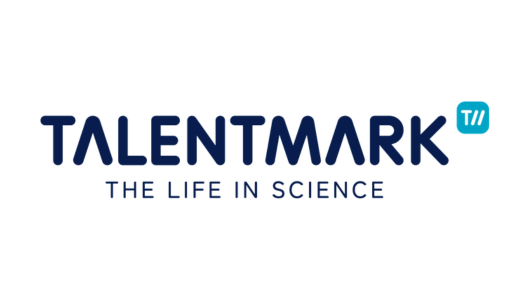EU Guidance To Tackle Sponsor/Investigator Overlap In Decentralized Trials

The upcoming pan-EU recommendation paper on decentralized clinical trials (DCTs) will offer guidance on the tricky subject of how sponsors and investigators can demonstrate control over their respective responsibilities in such studies.
The problem arises because in DCTs – in which certain trial activities are conducted remotely and in, or near, participants’ homes – sponsors can be seen to be getting involved in certain tasks (eg, contracting home nurses and remote physicians, etc) that traditionally fall within the investigator’s remit of protecting the rights, safety and welfare of trial subjects. (Also see “Are Trial Sponsors Treading On Investigators’ Toes In Decentralized Trials?” – Pink Sheet, 25 May, 2022.)
The issue was raised at a multi-stakeholder workshop on DCTs hosted by the European Medicines Agency on 4 October, where a senior executive from LEO Pharma said more clarity was needed on this topic because in the future – when DCTs are expected become more common – it was unlikely that trial investigators would be directly involved in contracting third-party vendors, especially in the case of large multicenter, multinational trials.
LEO Pharma is planning its first fully decentralized psoriasis clinical trial this year, and the executive said it was unclear whether the company, as the trial sponsor, was allowed to contract vendors for tasks that in a traditional setting would be overseen by the investigator.
Solange Levison of the Netherlands’ Central Committee on Research Involving Human Subjects (CCMO), who also spoke at the workshop, said that sponsors were not precluded from contracting third-party vendors for such tasks.
However, in cases where this happens, the trial protocol should clearly reflect that the “sponsor and investigator are in control of their respective areas of responsibilities,” clarified Levison, who is a scientific staff member at the CCMO’s National Clinical Trial Office (NCTO).
The pan-EU DCT recommendation paper, which is due to be published by the end of this year, will outline considerations on “how this control can be maintained,” she explained. (Also see “EU Takes Focused Approach In Bid To Deliver Decentralized Clinical Trials Guide By Year End” – Pink Sheet, 25 Oct, 2022.)
The topic will be addressed in the chapter that outlines the roles and responsibilities of various parties relating to clinical trial oversight. Among other things, this chapter underlines the importance of having clear documentation on when and where trial-related tasks are to be conducted and by whom. If tasks are delegated to a third party, these would have to be specified in a written agreement and supported with clear communication lines between the parties involved, Levison explained.
While she acknowledged that it was not “practical for the investigator to be involved in all contractual arrangements with third parties,” she underlined the importance of ensuring that the investigator agrees to the delegated tasks beforehand. This can be ensured by involving the investigator early in the trial’s design so it is made clear that some tasks related to medical care may be contracted to vendors.
Preserving the independence of sponsors and investigators in DCTs is a challenging topic and is also being discussed by experts involved in revising the International Council for Harmonisation’s good clinical practice E6 guideline, a senior GCP inspector from the Danish Medicines Agency announced at the workshop. (Also see “ICH Drafts Modernized Principles For E6 Good Clinical Practice Guide” – Pink Sheet, 20 Apr, 2021.)
As for other topics covered in the EU DCT recommendation paper, these relate to:
-
The informed consent process, including the use of electronic signatures in accordance with national provisions. For consent interviews, Levison said, face-to-face communication between the potential trial participant and the investigator was considered essential. If done online, the paper recommends that the interviews should take place in real time where the parties can both see and speak with each other via audio and video. However, in certain circumstances it may be justifiable to hold such discussions just via telephone, email or chat, for example in case of a low-intervention clinical trial with a very large population.
-
Delivery and administration of the investigational medicinal product (IMP) at home. While the home delivery of an IMP can be done in different ways (eg, from a depot, from the pharmacy of the clinical trial site or from a local pharmacy close to the participant’s home), Levison said the emphasis should be on restricting access to the participant’s contact details.
-
Undertaking trial-related procedures at home. The paper recommends that there should always be a possibility for on-site visits by trial participants in a remote trial to help address emergency safety issues. It also may be the case that some participants may not want nurses or doctors making frequent visits to their house.
-
Defining and handling of source data.
-
Trial monitoring.
When introducing decentralized elements in a study, the paper recommends that sponsors should undertake a benefit-risk assessment of the elements that can affect the trial’s scientific validity and patient safety, said Monique Al of the CCMO, who also spoke at the workshop.
There should be clear rationale in the protocol on the benefits of introducing decentralized elements. “It’s not a carte blanche,” said Al, who is coordinating/specialist advisor at the NCTO.






